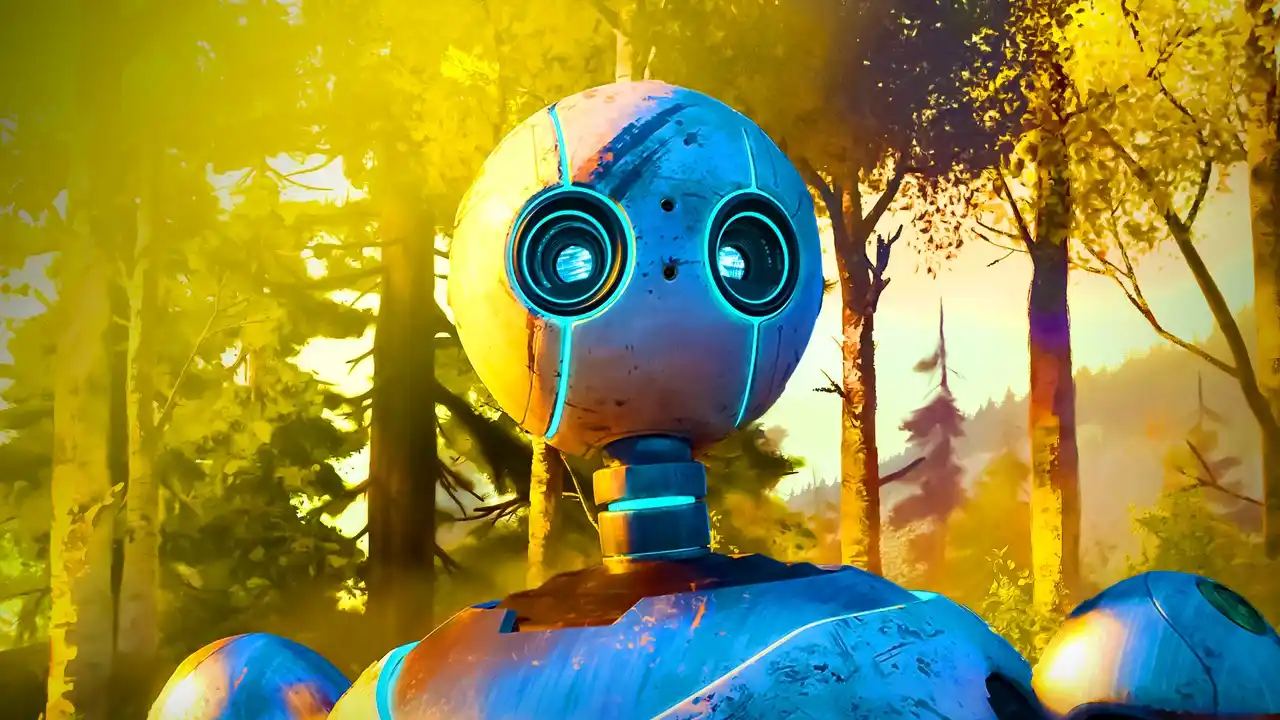Universal/DreamWorks Animation’s The Wild Robot will debut on Peacock for streaming on Friday, January 24. The animated feature has amassed over $324 million at the global box office since its theatrical release in September.
In addition to its upcoming streaming availability, the film can currently be rented or purchased on platforms such as Prime Video, Apple TV, and other VOD services.
Directed by three-time Oscar nominee Chris Sanders, The Wild Robot features Oscar winner Lupita Nyong’o as the voice of Roz, a robot stranded on a remote island who learns to survive in its untamed wilderness.
Over time, Roz forms bonds with the island’s animal inhabitants, including a resourceful fox voiced by Pedro Pascal. Roz also takes on the role of adoptive parent to an orphaned gosling named Brightbill, voiced by Kit Connor.

The star-studded voice cast further includes Bill Nighy, Stephanie Hsu, Mark Hamill, Catherine O’Hara, Matt Berry, and Ving Rhames, among others.
During Deadline’s Contenders event earlier this year, Sanders confirmed that a sequel to the film is in active development at DreamWorks Animation. The Wild Robot is the first installment in Brown’s book trilogy, followed by the second book, The Wild Robot Escapes.
Sanders, who previously directed How to Train Your Dragon, The Croods, and Disney’s Lilo & Stitch, also wrote and directed The Wild Robot.
The film is produced by Jeff Hermann, known for The Boss Baby 2: Family Business and his co-producer role in the Kung Fu Panda franchise. Dean DeBlois serves as executive producer, with Heather Lanza as co-producer.


